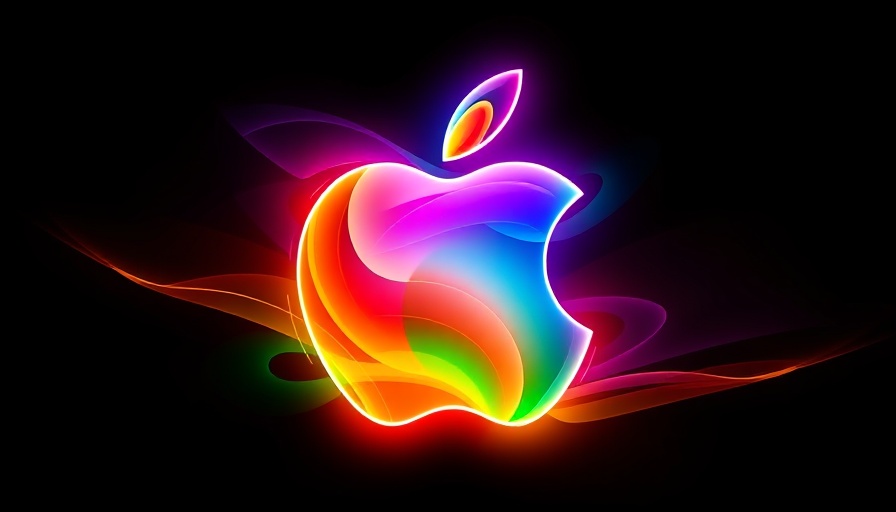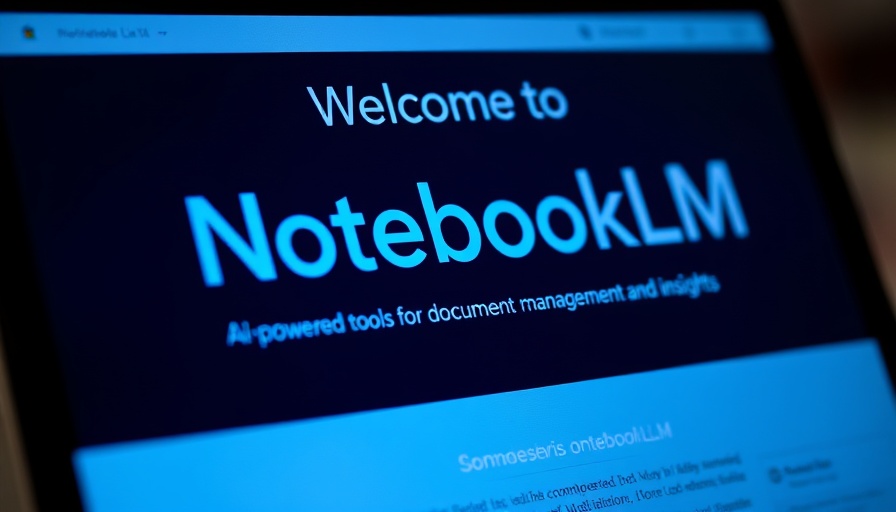
Apple's AI Revolution: The Need for Change and Improvement
In recent months, Apple has faced mounting criticism for the evolution of its AI-driven personal assistant, Siri. While the company had anticipated a significant overhaul in time for the iOS 18 launch, delays now reveal a broader issue consisting of technical challenges that underline Siri's current performance inadequacies. The announcement that a contextual Siri would not be ready until 2026 has raised concerns around Apple's commitment to maintaining competitiveness against its rivals in the AI sphere.
The Shift in Leadership: A Strategic Move?
In an unexpected leadership shift, CEO Tim Cook has stepped in to realign oversight of Siri's development, removing John Giannandrea from the project. Instead, Apple has appointed Mike Rockwell, the engineer behind the Vision Pro headset, to spearhead Siri's revitalization. This move signals not only a change in leadership but potentially a larger pivot in Apple's overall strategy regarding artificial intelligence. Rockwell's reputation for effectively managing complex engineering projects—evidenced by the arduous development of the Vision Pro—offers a glimmer of hope for Siri's future.
Understanding the Expectations Surrounding AI
Now, as companies fully embrace generative AI features, consumers have set expectations for a seamless experience from virtual assistants like Siri. However, reports indicate that the assistant currently functions effectively only 66% to 80% of the time during internal testing—a concerning statistic for a flagship product in Apple’s ecosystem. Moreover, customer complaints about the existing version of Siri further exacerbate the situation. Apple must tread carefully to avoid alienating its user base while striving to deliver what has been touted as a centerpiece of its AI aspirations.
The Apple Intelligence Initiative: What Lies Ahead?
The ongoing developments at Apple underscore a growing recognition that the company's AI initiatives require a serious reconsideration. With the sustained investment in artificial intelligence, exemplified by the hiring of industry figures like Kim Vorrath, Apple is clearly keen on resetting its approach. This commitment to enhancing Siri may aid in clarifying the company's future roadmaps and aligning internal resources toward a more cohesive, capable AI assistant.
Risks and Opportunities: Navigating Uncertain Waters
Transitioning leadership in such crucial projects is not without its risks. Apple must ensure that the shift in oversight does not disrupt the ongoing development processes. As Rockwell assumes his new role, his effectiveness will be scrutinized, which could either mark the beginning of a renaissance for Siri or reveal deeper, systemic issues within Apple’s development culture. Developers, engineers, and marketers alike will be paying close attention to the effects of this transition in the coming months, ultimately determining both consumer satisfaction and Apple’s competitive footing in the tech landscape.
The Future of Siri and Apple's Place in AI
As Apple forges ahead with the intention of reshaping Siri, an important question remains—can it deliver on its promises? The focus on generative AI and context-aware functionalities could redefine not only Siri but the entire AI assistant landscape. Undoubtedly, the tech giant's ability to adapt and innovate will play a significant role in determining whether it can successfully navigate the challenges ahead.
In conclusion, while the road ahead may be fraught with uncertainty, Apple's revamped approach to Siri under Rockwell's leadership could usher in a new era of AI development for the company. For business professionals keen on the latest technology trends, staying informed about these changes will be essential as they help shape the future of artificial intelligence in everyday applications. Consider following Apple's next steps closely to understand their implications for both consumers and the tech market at large.
 Add Row
Add Row  Add
Add 




 Add Row
Add Row  Add
Add 

Write A Comment